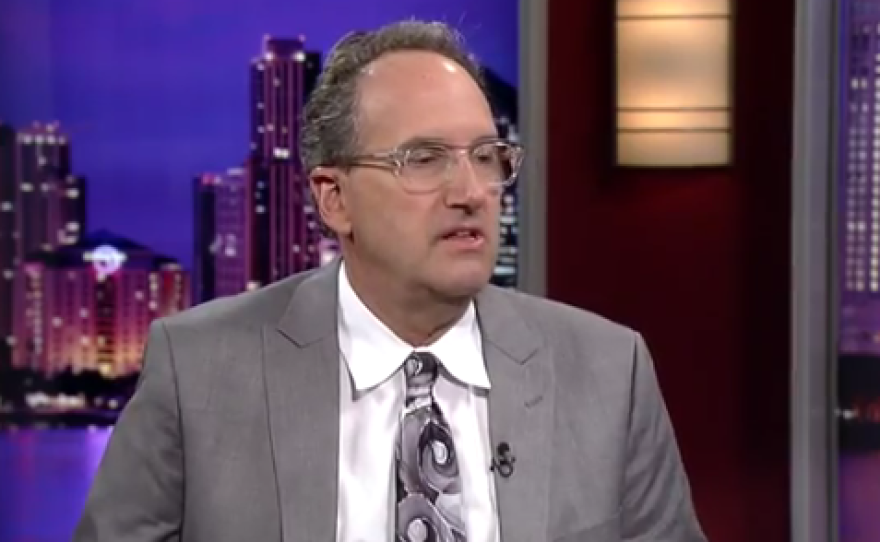Last week, news organizations in San Diego received a press release from the U.S. Attorney's office that turned out to be a hoax put on by the medical marijuana advocacy group Americans for Safe Access.
Then, The North County Times reported the creation of that hoax was inspired by a workshop hosted by the San Diego Museum of Art. The political activist and artist group "The Yes Men" spoke at the workshop to give local groups tips on what they call "telling lies to reveal the truth."
The museum quickly issued a statement denying a direct role in the hoax.
"The San Diego Museum of Art did not pay for or support any component of this hoax, nor any other programs created by workshop participants," the statement said.
But Eugene Davidovich, a spokesman for Americans for Safe Access, told The North County Times his group received $100 from the museum to cover the costs of the projects.
The U.S. Attorney is now investigating the incident. Glenn Smith, a constitutional law professor at Cal Western School of Law, told KPBS impersonating a federal official is a federal crime.
But, he said, the legality of hoaxes depends on the context.
"When you have the element of political speech and outrageousness and the kinds of falsity and drama we traditionally in First Amendment law allow room for, it gets a little more complicated," he said.
"There are no absolutes in freedom of speech and rarely in law," he added.
Smith said you have a right to make false statements and pretend to be someone to make a political point.
"But when it collides against a law, like impersonating a federal officer, or no one has the right to extort money from someone under false pretenses even if it's for a political reason," he said.
He said the San Diego Museum of Art could also theoretically be liable for "aiding and abetting" the hoax, but said that issue is even more complicated.
KPBS asked Americans for Safe Access, the San Diego Museum of Art and Yes Men for interviews, but all groups declined.







